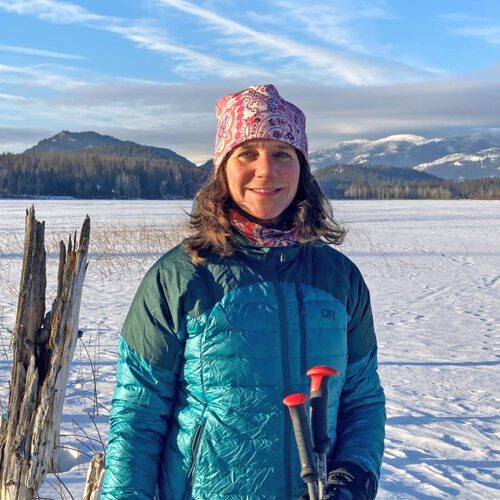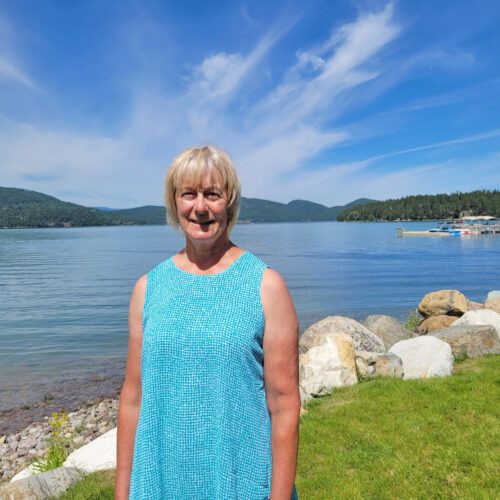The Whitefish Lake Institute is committed to science, education, and aquatic resource initiatives to protect and improve Whitefish Lake and area water resources today, while providing a collective community vision for tomorrow.
Meet The Whitefish Lake Institute Staff

Mike currently serves as a governor appointed member and chair of the Western Montana Conservation Commission. His past service includes governor appointments to the Water Pollution Control Advisory Council, Flathead Basin Commission, and the Upper Columbia Conservation Commission. At the Flathead Basin Commission, Mike served on the Executive Committee and chaired the On-site Wastewater Treatment Committee and Technical Committee. At the Upper Columbia Conservation Commission, Mike chaired the Aquatic Invasive Species Early Detection and Monitoring Committee.
Mike also served on the Montana Watershed Coordination Council Board and the Whitefish Climate Action Plan Committee. Mike was a co-coordinator of the second and third editions of the Montana Lake Book. He is a past recipient of the Montana Chapter of the American Fisheries Society’s Individual Achievement Award for his outstanding contribution to the protection and enhancement of fisheries resources in Montana.

Durae holds a degree in Environmental Science from the State University of New York at Plattsburgh. She has also attended classes at the Flathead Lake Biological Station in stream and aquatic ecology to further diversify her knowledge on the importance of water quality in and around the Flathead Valley.
She looks forward to supporting the long-term monitoring and protection of the Whitefish Lake watershed through citizen science programs, the collection of baseline water quality data, and community outreach and education. In her free time, she can be found on skis, bike, or foot exploring the mountains and lakes in the northwest with her adventurous husband and trusty horse.


Many regions of the world do not have adequate supplies of fresh clean water. Preserving water quality has been one of Carol’s career passions. While at the Ausable River Association, she started a citizen science water quality monitoring network, worked to bring watershed citizens together to agree upon best practices to preserve water quality, conducted watershed wide studies on fish passage, wetlands, and stream bank erosion. Throughout her career she has raised millions of dollars to support conservation causes using strengths in grant writing and fund development. Carol hopes to continue the rock-solid grant acquisition foundation Lori Curtis has built for WLI.

